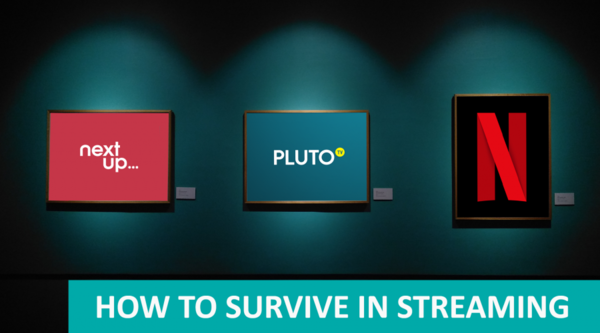TikTok Famous: How TV Can Leverage TikTok | RTS London
TikTok has become one of the most talked-about social media launches of recent years, but producers and broadcasters are still in the dark on how best to navigate it.
Watch this session about how independent producers, production companies and all major broadcasters across the UK can better understand how to connect with and be discovered by Millennials, Gen Z and beyond on TikTok, driving new kinds of engagement with their content.


